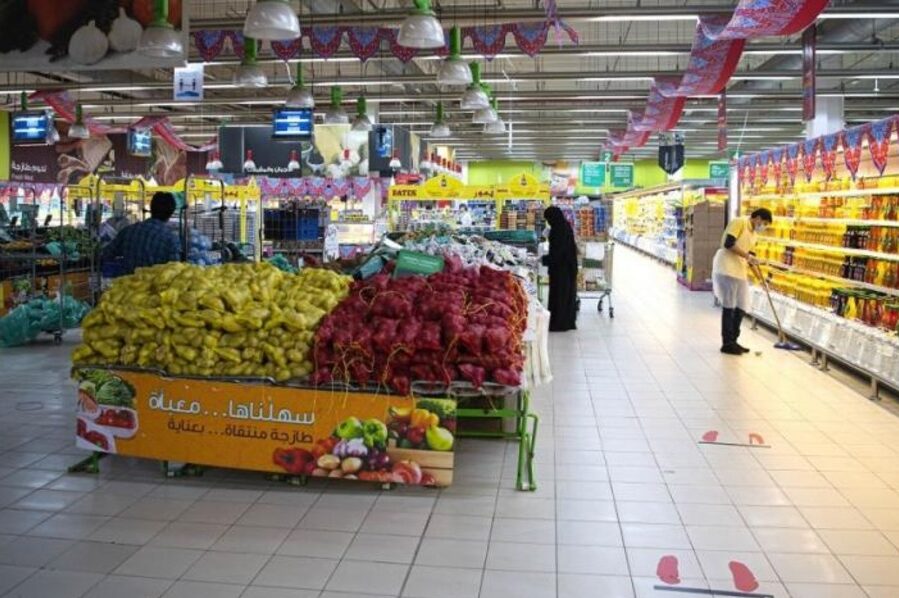Saudi Arabia achieved self-sufficiency in many vital plant and animal products in 2021, after increasing agricultural crop production by 5.7 percent to 4.77 million tons, up from 4.51 million tons in 2020.
According to data from the Ministry of Environment, Water, and Agriculture, the increase in production resulted in a 25.9 percent increase in exports, reaching 307.8 thousand tons, up from 244.6 thousand tons in 2020.
The agricultural statistics bulletin revealed that fresh dairy products had the highest self-sufficiency rate of animal products in the Kingdom last year, at 121 percent, while table eggs had a percentage of 112 percent.
In 2021, poultry meat sufficiency was 66 percent, red meat sufficiency was 43 percent, and fish self-sufficiency was 40 percent.
Saudi is among the world’s most poultry meat consumers, with an average per capita consumption of about 50 kilograms per year, ranking third in the world in terms of per capita consumption. Chicken consumption in the Kingdom amounts to approximately 1.38 million tons per year.
According to previous statements by Engineer Abdul Rahman Al-Fadhli, Saudi Arabia’s Minister of Environment, Water, and Agriculture, the Kingdom ranks first in the Arab world in poultry production. The Ministry and the Agricultural Development Fund are attempting, through government facilities, support packages, and lending, to raise it to 80 percent by 2025 by pumping investments totaling 17 billion riyals.
Moreover, dates production ranks second in plant wealth, with a self-sufficiency rate of 118 percent and a local production amount of 566.1 thousand tons for 2021. Also, cucumber crop self-sufficiency rates reached 101 percent, tomatoes 77 percent, and onion crop 52 percent.








